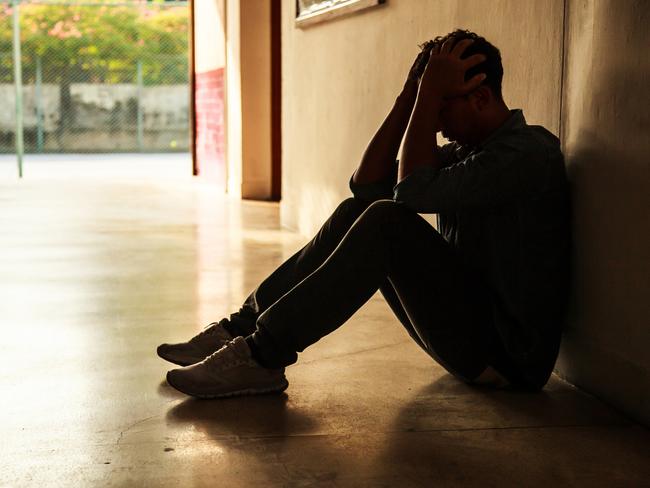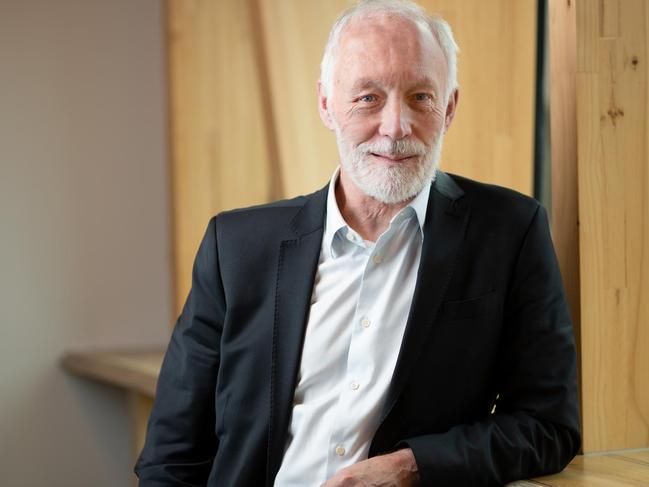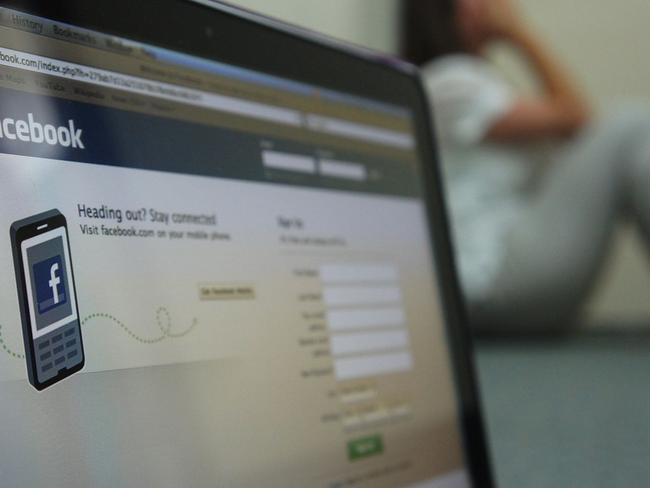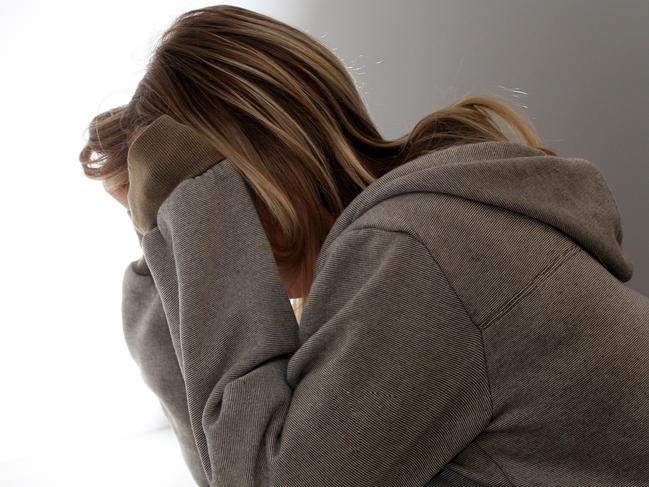Alarming spike in youth mental health issues in Australia
If almost every family had a child suffering from asthma or cancer, no one would be neglecting the problem. So, why are we powerless to stop the alarming spike in youth mental health issues?
Victoria
Don't miss out on the headlines from Victoria. Followed categories will be added to My News.
Two in every five young Australians suffers a serious mental health problem each year, a figure that has increased by 50 per cent since 2007.
The alarming rise has been blamed on factors including the effects of economic insecurity of young people and cost of living, social media, the environment and intergenerational inequality.
Despite the increase, experts say Australia is spending about a third of what it needs to address the main health burden for people aged 10 to 24 years.
The problem is not unique to Australia.

On Wednesday a new international report called for a paradigm shift to tackle the global crisis.
The team behind the report say a new approach to youth mental health is urgently needed, one that addresses not just clinical factors, but also social and political factors.
It wants government policies globally to be forensically analysed to diagnose which are contributing to the youth mental health crisis and to make intervention and prevention top of mind.
The new Lancet Psychiatry Commission on youth mental health, published in the respected scientific journal, delivered a definitive analysis of the global state of youth mental health and the picture is grim.
What is needed, it says, is more funding globally.
The Commission authors found stigma, ambivalence and a lack of investment in services and resources globally was leading to a neglect in care of young people.

The lead author is Patrick McGorry. He is also the executive director of Orygen, Australia’s Centre of Excellence in Youth Mental Health based in Melbourne.
Professor McGorry says the Commission’s report was the culmination of four years’ work and signified a major step in recognising youth mental health as a global health priority.
“It is the biggest health issue facing young people,” he said.
Professor McGorry says in Australia mental health is neglected generally, but young people are the most needy among the mentally ill.
“We know 39 per cent of young Australians in a given year will have a mental health problem, that’s a 50 per cent increase since 2007,” he said.
“That’s why we call it a crisis. It’s getting rapidly worse so now we’re trying to understand why, and also to build much stronger systems of health care to respond to it.”
Professor McGorry says he gets phone calls every day from desperate parents concerned about the mental health of their children.

“This is an issue that’s simmering below the surface of the whole community,” he said. “Almost every parent is worried or has experience of an adolescent or young adult child with significant mental health problems.
“There’s a sense of powerlessness and maybe a little bit of unnecessary shame among parents that they don’t agitate or demand something be done about it.
“Can you imagine if in almost every family they had a child suffering from asthma or cancer, the government would not be able to get away with neglecting that problem. But with this problem it seems to be okay.”
Professor McGorry said he had spent his career developing blueprints and evidence-based models of care that governments can invest in.
“And they have, up to a point. We designed Headspace and they did roll that out and the state government has supported us with our unique youth mental health centre at Orygen but even this is still a work in progress and nowhere near the scale of what we actually need to get on top of the problem.”
Professor McGorry, who led a consortium of world-leading psychiatrists, psychologists, academics and young people from across five continents to write the Commission, said it marks a pivotal moment in defining the crisis.
The Commission has suggested several policy actions globally including:
■ Accelerate research and analysis to understand and reduce the impacts of megatrends
■ More investment in mental health care towards parity with physical health within health budgets
■ Equitable access to care for all parts of the community
■ Strategies for promotion and prevention
■ Ensure reasonable access to financial, secure housing, vocational and welfare supports for young people experiencing persistent mental health disorders

Why are more young people suffering mental health problems?
Social media
“It is the effects of social media which are run by these tech giants with no regard for safety of people,” Mr McGorry said.
“It shouldn’t be the responsibility of young people and parents to deal with those harms. It should be a responsibility of the people providing those platforms to make them safe
Cost of living
“Intergenerational inequality where wealth has been transferred from younger people to older people over the past two decades along with housing prices which have gone through the roof and rental costs.
“It is rising university fees and insecure work. All these things have made the lives of young people incredibly stressful and insecure.”

Stigma
It remains around mental health and so is the deep ambivalence society often displays towards young people and their needs.
Environmental factors
This includes climate change and family dynamics, friendships and social interactions, neglect or maltreatment, education, and employment, all of which can have powerful and lasting effects on a young person’s wellbeing and development
Tips for parents
• Try to maintain communication and contact with the young person
• Be aware that they may be struggling and at risk
• Be open to having a conversation (about their mental health) and if you’re worried, do everything you can to get them in front of someone who knows how to help
Need to talk to someone?
Don’t go it alone. Please reach out for help.
Lifeline: 13 11 14 or lifeline.org.au
Headspace: 1800 650 890 or headspace.org.au
Beyond Blue: 1300 22 4636 or beyondblue.org.au
Beyond Blue’s coronavirus support service: 1800 512 348 or coronavirus.beyondblue.org.au
Kids Helpline: 1800 55 1800 or kidshelpline.com.au
More Coverage
Originally published as Alarming spike in youth mental health issues in Australia




